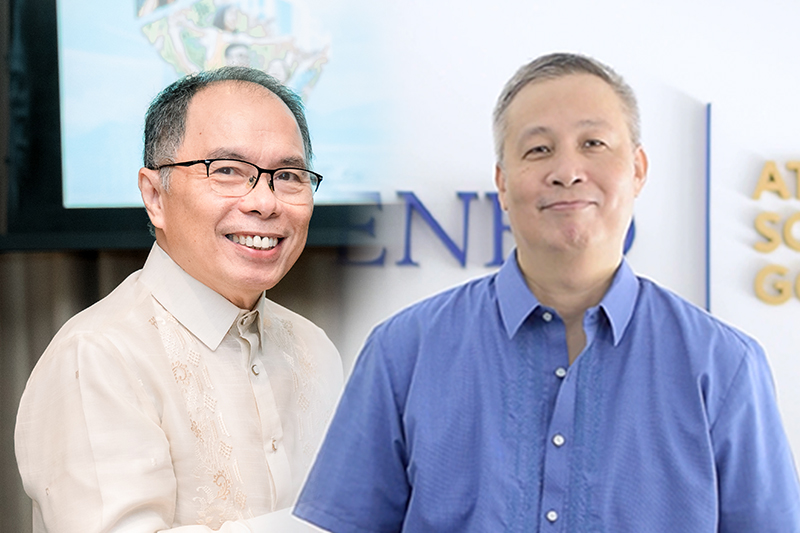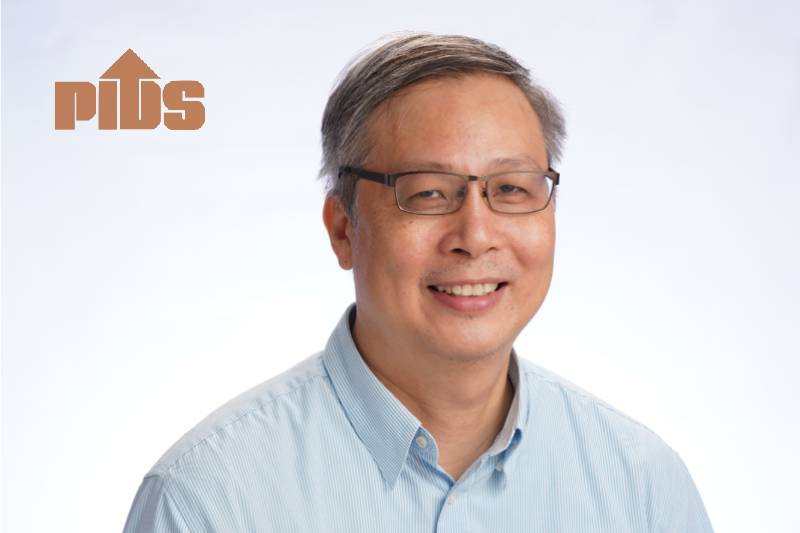The Philippines has concluded its elections with Rodrigo Duterte coming from out of nowhere only to gallop passed better known political figures and snatch the presidency. Duterte was a long-serving mayor of Davao City and, except for a brief tenure as a member of the House of Representatives, has not been a national political figure. Unlike other candidates who have long cherished the job, Duterte didn’t appear to harbour presidential ambitions until only a few months before the national elections in May 2016.
A simple, powerful packaging of his persona as a stern problem solver and man of action created a strong connection with an electorate that has felt helpless in the face of issues of peace and order, poverty, income inequality and state neglect. This effective campaign catapulted him to the presidency.
A successful outsider challenge to the status quo may have seemed unlikely. The outgoing president Benigno Aquino can point to a sterling economic performance on his watch: an average GDP growth of almost 6 per cent during his six-year term (better than the other ASEAN countries), low inflation, macroeconomic stability, investment-grade credit ratings, a stable banking industry and prospects of higher growth in the immediate future.
Aquino’s main contribution lies in demonstrating that investor-friendly, market-enhancing economic policies and improvements in the governance framework lead to higher growth. The shedding of the Philippines’ reputation as the ‘sick man of Asia’ can largely be credited to his administration of the economy.
But the economy remains stuck with deep-seated problems of high incidences of poverty and high levels of income inequality. A large segment of the well-educated workforce can’t find quality jobs domestically and many are employed overseas. Economic growth needs to be more inclusive. Growth is important, and so are the economic policies that create it. But growth is meaningless unless poor and disadvantaged citizens are able to cross over the poverty divide. The twin challenges of growth and equity will be major issues for the new administration.
What are the key economic challenges facing the incoming Duterte administration? And what policy responses to these challenges need to be prioritised?
The president-elect and his economic advisers immediately presented an eight-point economic agenda that will define the country’s policy space over the next six years. It consists of macroeconomic policies aimed at promoting economic stability, increased tax collection, better infrastructure, fostering an attractive investment climate, boosting support services to small farmers, improving land administration and management, basic and higher education, and implementing conditional cash transfers. A close economic adviser hastily added federalism and reproductive health to the list.
The new administration is almost sure to get full legislative support for its economic agenda and associated policies, a key requirement for delivering electoral promises in a tripartite democratic government. A coalition-building exercise has begun in the House of Representatives to foster legislative support for the eight-point agenda. Senators, meanwhile, are still in the process of sizing each other up before they choose the next Senate President.
On its surface the eight-point economic agenda is generally fine, although some will perhaps take reproductive health and federalism as contentious issues. The eight-point plan does not depart from the policy goals identified by past administrations and it contains no surprises. It is tempting to think that in order to attain the new administration’s economic goals, economic policies will be as market-friendly as the previous administration’s. But it is too early to say.
The challenge lies in fleshing out the specific economic policies needed to implement the eight-point economic agenda. In the first place, the public needs clear policy statements and policy coherence from its newly elected leaders. A campaign promise to reduce personal and corporate income taxes is simplistic but popular. Any proposal to reduce taxes should be part of a well-studied, comprehensive overhaul of the Philippines’ outdated tax system. Providing private tax relief should be balanced against the need for ample fiscal space to produce the public goods needed by society more broadly.
Duterte’s campaign promises of subsidies, doubling salaries of particular groups in the bureaucracy, expanding the coverage of conditional cash transfers, fixing labour regulations, and making rice importation a government monopoly – all promises that have been made without the benefit of sufficient empirical study – should be given a sober reality check. Somebody has to pay the cost of providing all those goodies. Is the taxpaying public able and willing to bear the cost?
Past administrations have tried and failed to address several factors that have constrained the realisation of the Philippine economy’s full growth and employment potential. These include the constitutional provision that limits foreign direct investment in the economy, the country’s weak regulatory frameworks, widespread corruption in the police and judiciary, and insufficient peace and order. The new Duterte administration enters office with an overwhelming mandate from the electorate. This is precious political capital that can and should be used to intensify market-friendly economic policy reforms and deal with those critical development constraints. It is time for the ‘tough guy’ president to make some tough policy choices.//
Gilberto M. Llanto is President of the Philippine Institute for Development Studies.












